All 31 provinces of the country are now battling against the disease; with more than 83,505 confirmed cases and 5,209 deaths as of Monday April, 20.
How Iran reacted to the breakout can be discussed in two aspects: governmental measures and society's spontaneous moves.
Governmental measures:
Iranian administration avoided a coronavirus lockdown in cities. Its pivotal anti-coronavirus policy to break the transmission chain mainly revolves around 'public awareness' besides 'formation of a national unity to combat the disease'. It urges people to stay at home, warning that Iran may face loops of coronavirus resurgence in case mass closures policy is not followed. The government has assured Iranians that 85 percent of Covid-19 cases recover by self-quarantine, without any treatment.
In general, the Rouhani administration has preferred people to go on with their normal economic and social life. In his remarks in late February President Rouhnai admitted that "Coronavirus must not be turned into a weapon for our enemies to halt work and production in our country."
The government has sought to carry out economic activities and health protocols together, letting administrative, productive and economic activities go on.
The government started implementation of a plan initially titled 'social distancing' or 'physical distancing plan', in late March. With the first and second phases of the physical distancing plan's good achievements, the scheme was then improved to its third phase i.e. 'smart social distancing', in early April across the country; including development of health protocols according to the needs of each sector for the safe reopening of businesses and other protective measures to prevent the spread of coronavirus.
Some initiatives and plans to curb spread of the lethal virus have been implemented as of the outbreak.
Initially, schools, universities, gyms, libraries and cinemas were closed. Moreover, sports events, concerts, Friday prayers, religious rituals and other social events and gatherings across the country were canceled.
Businesses with the highest risk of exposure to coronavirus were shut down, while those low-risk ones or the ones providing urgent services went on operating.
Anyone who has contracted coronavirus has been prohibited from going to work or to public places. Not informing the workplace about having been infected is considered a crime. For this, Health ministry founded an online service, titled 'Corona patients information, self-assessment and registration system,' urging Iranians to take an online test reporting their physical condition. In case of being recognized as a Covid-19 infected case, doctors could contact and guide applicants for treatment.
Toughest restrictive measures were taken during Nowruz holiday, when Iranians celebrate new Iranian calendar year and intercity trips surge remarkably (March 21- April 3) especially to populous cities such as Shiraz and Isfahan. All trips and commutes between provinces were restricted until April 20, allowing only residents to enter their cities, while educational centers and religious sites remained shut. Passengers in intercity roads and highways were screened for signs of infection including fever or in some cases were forced to return to their departure point. Intercity journeys dropped more than 70 percent, accordingly some reports say.
After Nowruz holidays, government offices across the country were allowed to resume operation with two-thirds of their personnel present at their workplace.
The government has also taken some coronavirus-dependent measures in customs services, which meant to facilitate supply of goods and medicine under the pandemic. Thanks to the applied policies, Iranians face no dearth of goods in hypermarkets, malls, etc. and grocery shelves have not been empty under the outbreak.
To address the needs of educational system under the outbreak, which is expected to extend for upcoming months and may even continue till the next Iranian educational year (late September), the government urged schools and universities to try online training system. Ministry of Education could mange to establish a homegrown free-messaging application, named as Student Educational Network (abbreviated in Farsi as SHAD), to provide Iranian school students with virtual education services. As reported, some 7.2 million students have joined the messenger forming 1.7 million virtual online classes. However, those in deprived areas can not have access to such facilities, yet.
To help encourage Iranians to stay at home and also to assist teachers and students with the new online educational method, telecommunication ministry offered some specific (in some cases free) Internet packages. The ministry has also sought to improve the infrastructure and backbone of Internet in Iran.
Underscoring Iranian population’s health as of its highest priority, the administration vowed to focus the livelihood of the people, small businesses and low-income families.
The Leader of the Islamic Republic, on April 6, permitted the government to withdraw one billion euros from National Development Fund Of Iran (NDFI) to combat the lethal coronavirus in the country. Accordingly, besides its contractionary budget, restricted international monetary transactions and low oil revenues under US sanctions, it kicked off providing coronavirus rescue packages to low-income households and struggling businesses affected by the negative economic consequences of the pandemic over the past two months. The process of paying loans from 52 billion tomans to all eligible businesses in 10 categories –provided that during the fight against coronavirus, they have not laid off their workers- started from mid-April and will continue until mid-June.
According to an announcement made by ministry of energy, Iranians can postpone paying their water, electricity and gas bills for a three-months period ending on May 20.
The Central Bank of Iran (CBI), for its part, has reduced working hours of banks and urged customers to go to the banks only if necessary. Banks and financial institutions are urged to curtail operations and take effective precautionary hygiene measures. CBI has, in addition, taken some measures to facilitate banking transactions at home, encouraging people to use electronic payment instruments instead of banknotes, which are one of the main ways the contagious disease spreads. The central bank has sought to improve infrastructure for contactless payment via QR codes and digital wallets. To scaffold coronavirus-hit small businesses, the banking system is going to offer low-interest-rate facilities to more than four million people to compensate the financial damages resulted from the coronavirus outbreak.
Society's spontaneous moves:
Along with the state-run decisions, came the nations' spontaneous moves.
Iranians formed various campaigns and circulated different hashtags across the Instagram, Twitter and Facebook, the most popular of which were #WeStayHome, #WeWillDefeatCoronavirus, and #AllAgainstCoronavirus. They posted videos and pictures of their home activities under the hashtag, sharing their self-quarantine experiences.
#KindLandlord was the hashtag formed to encourage landlords to postpone or cancel receiving rents from the tenants due to spanner the lethal virus threw in the wheel of Iranian businesses and earnings. Some landlords generously welcomed the move.
Parents started baking bread at home with their children; they also tried cutting their children's hair at home.
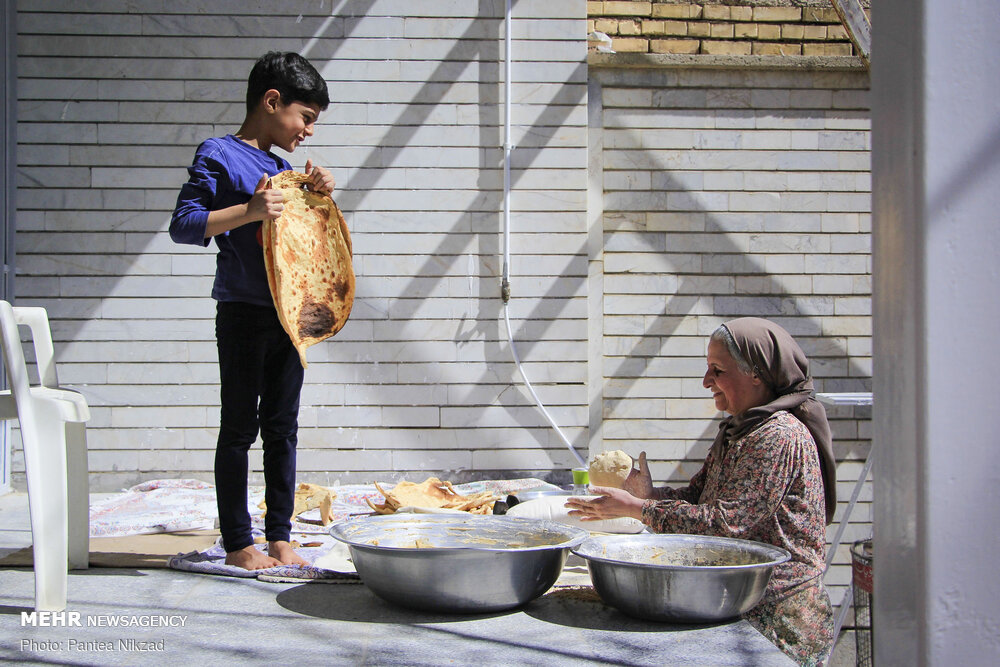
Those who started work-from-home experiment shared cute images of their new remote working style. Some posted videos lamenting about how the outbreak has obliged them to wash and disinfect whatever they buy even packages of snacks, bread, biscuit and ice-cream.
taying at home brought up some difficulties, too. According to some unofficial statistics, Iranian couples have had more quarrels while some report a higher rate of domestic violence.
Iranian artists play a significant role in accompanying people under the outbreak. Those whose concerts were canceled started to play and sing on Instagram live streams, in many cases for free, for their fans. Some singers, with cooperation of Tehran municipality, sold tickets for online concerts.
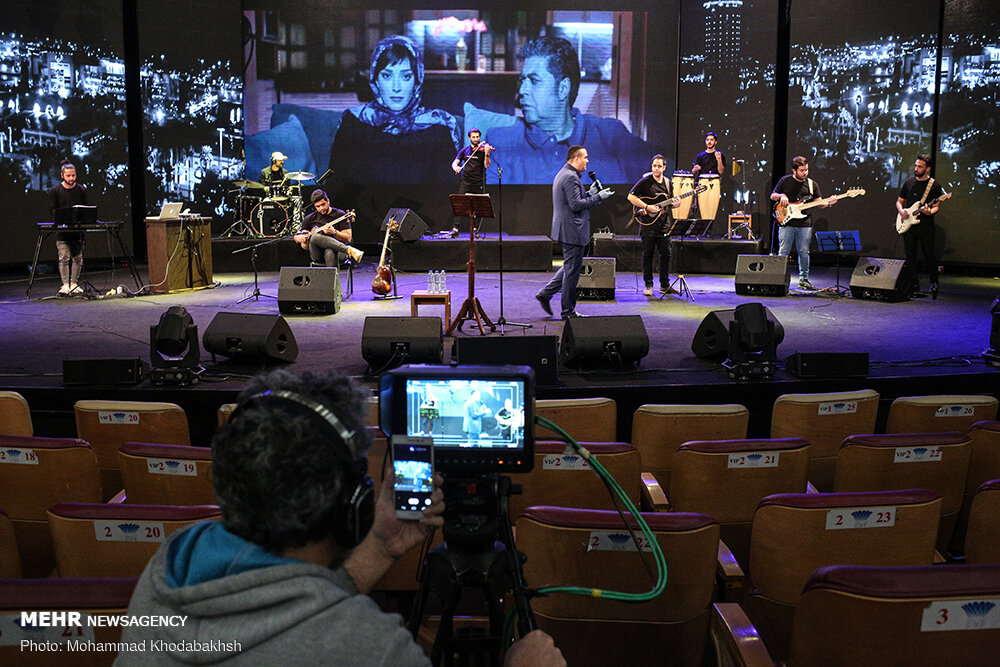
Due to Covid-19 outbreak, for the first time in Iran, a movie was streamed online without being screened in cinemas.
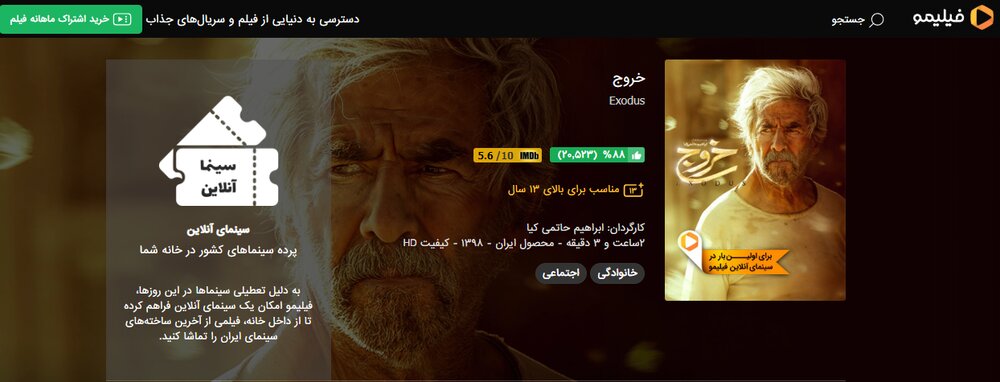
After the applied policies to restrict travels and implement more restrictive measures to stop the spread of coronavirus, ministry of cultural heritage, tourism and handicrafts, for its turn, tried a new platform to assist Iranians enjoy their leisure time at home, in particular during Nowruz holidays. It took advantage of social networks to advertise virtual tours to Iran's picturesque tourist sites and unique architectural phenomena.
Iranians have taken several spontaneous, unique and praise-worthy measures to prove their unity and care for each other in tough days. They formed large number of volunteer groups in various cities across the country to combat the lethal virus. Groups of volunteer students, clergies, Basiji and Jihadi forces, etc. have undertaken various activities, donating their time, skills, and materials, to beat the deadly virus. They have produced face masks and antiseptics in mosques and houses, disinfected ATMs, public places and streets, distributed anti-coronavirus products and basic goods baskets in deprived areas, and also joined medical staff in clinics and hospitals to assist them.
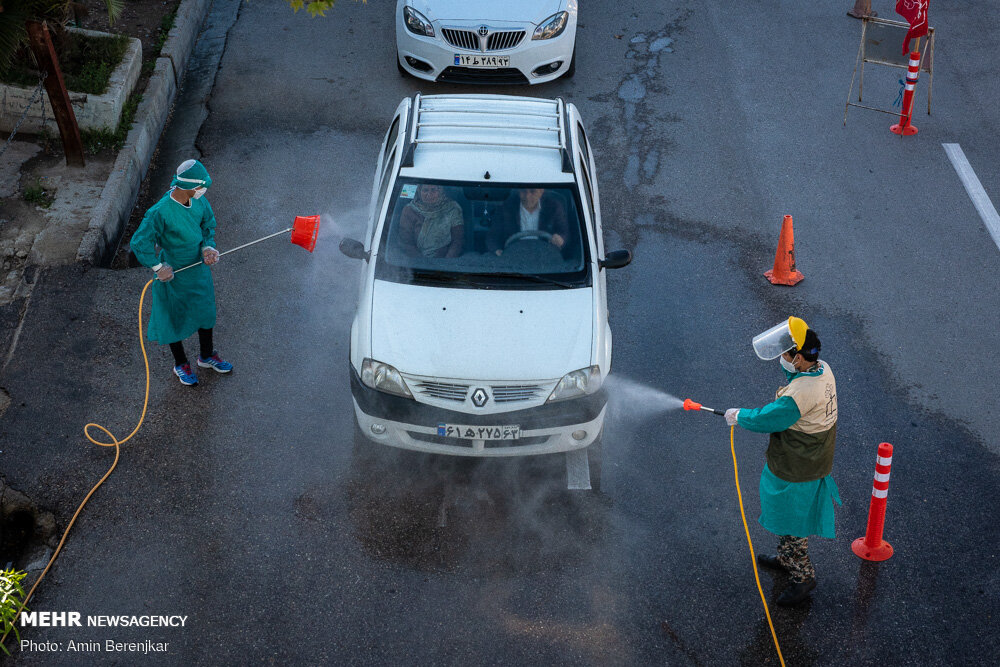
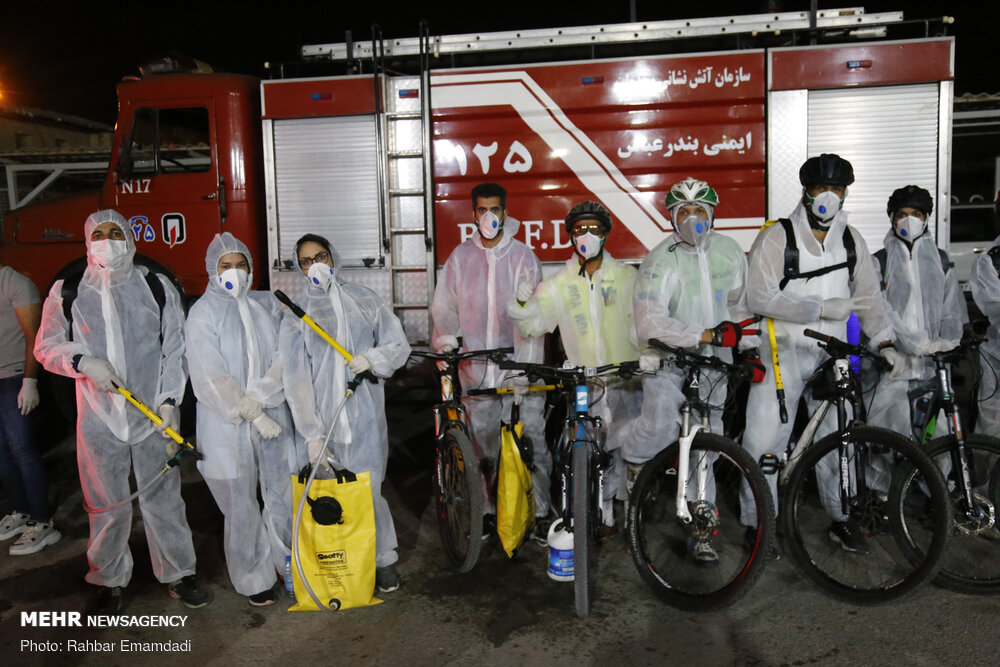
Iranian nation and government got united again when on April 9, the Leader of the Islamic Republic Ayatollah Ali Khamenei called for all and everyone to execute a maneuver titled as 'Equality and Sincere Assistance' as of Saturday, in a bid to show sympathy and provide sincere assistance to the needy and the poor in society. The maneuver, which is scheduled to be performed by the end of the lethal virus outbreak in Iran, seeks to receive cash aid from Iranian charities and philanthropists and deliver them to those low-income earners of the society.
As of April 20, which marks the first day of the second Iranian calendar year, Ordibehesht, Rouhani administration started removing some specific anti-coronavirus restrictions. The move has made some concerns about a new wave of the disease hitting the country in near future.
MNA/


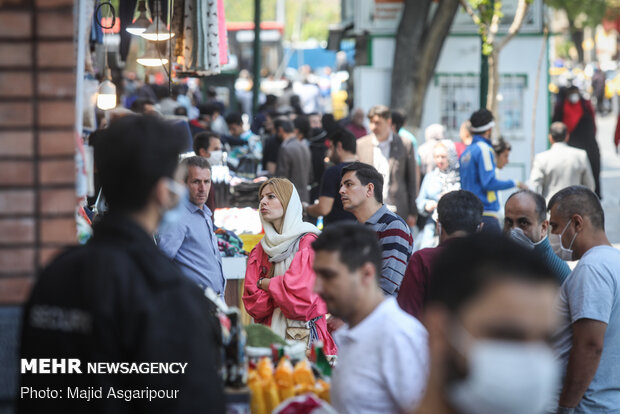







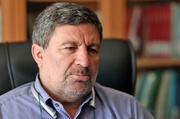















Your Comment